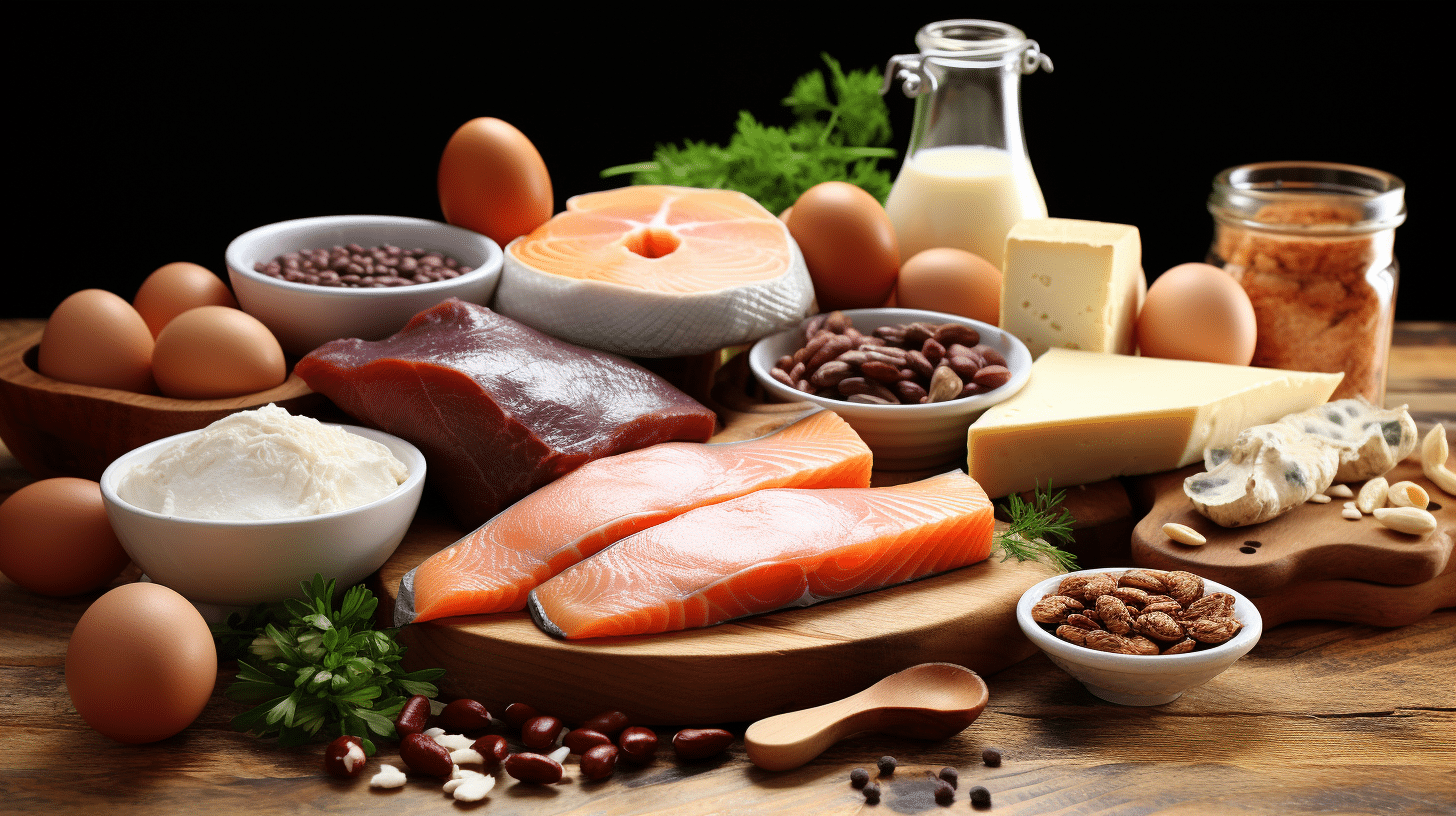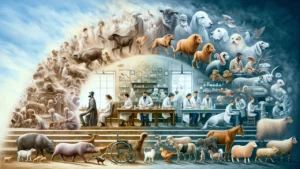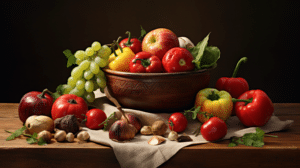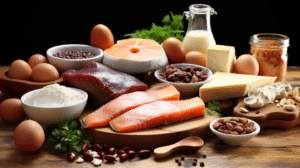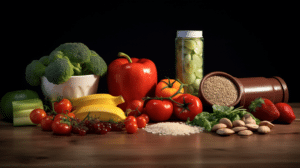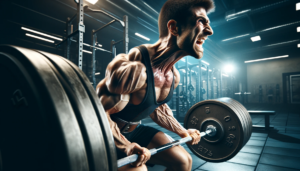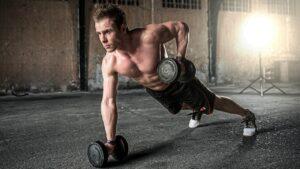Protein Power is essential for properly fueling your body and workouts. When it comes to fitness and exercise, nutrition plays a huge role in providing the right fuel for performance, muscle growth and recovery. Consuming adequate protein should be a major focus. Intaking high quality protein sources is necessary for anyone looking to improve overall health, build lean muscle mass, lose weight and reach their fitness goals. A diet packed with nutrient-dense proteins like eggs, yogurt, beans, fish and more can help boost energy levels, enhance athletic performance, and support fitness success.
Why Protein is Vital
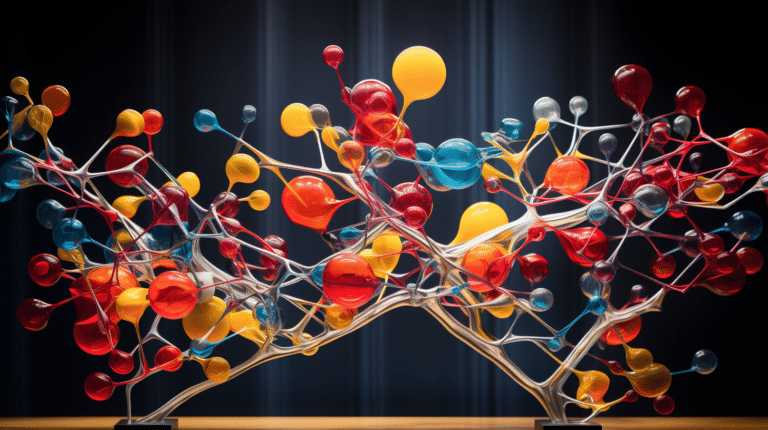
Protein is composed of amino acids, the building blocks for muscle growth and repair. Without enough protein, your body will break down existing muscle to get the amino acids it needs rather than building new muscle. Additionally, protein provides steady, sustainable energy levels rather than the quick spike and crash from simple carbohydrates.
Eating protein-rich foods can also increase satiety and fullness compared to other nutrients. This leads to eating fewer overall calories, which is excellent for weight loss. Protein even requires more calories for your body to digest and metabolize than carbs or fat.
How Much Protein Do You Need?
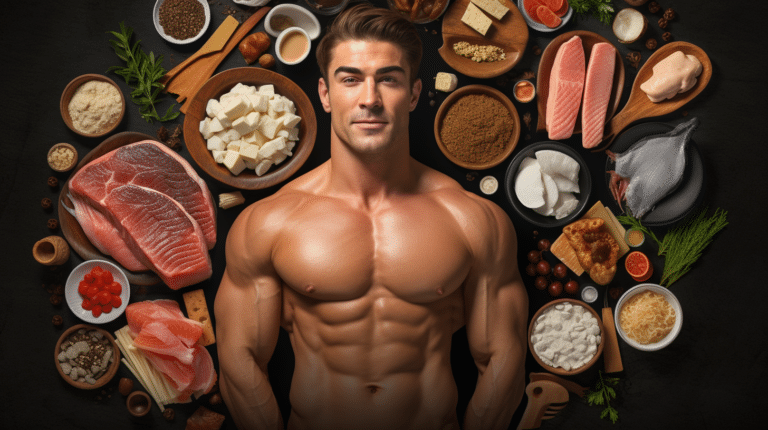
So how much protein should you eat daily to fuel your fitness journey? The recommended daily intake is 0.36 grams of protein per pound of body weight. This equates to:
- 54 grams per day for a 150-pound person
- 72 grams per day for a 200-pound person
- 90 grams per day for a 250-pound person
However, if you are very active with exercise and strength training, your protein needs may be even higher – up to 1 gram per pound of body weight. Consuming this amount can help maximize muscle growth and athletic performance.
It’s generally recommended to spread your protein intake over 3-4 meals plus snacks throughout the day. Taking at least 20-30 grams of protein with each meal is optimal for muscle protein synthesis.
Best Protein-Rich Foods
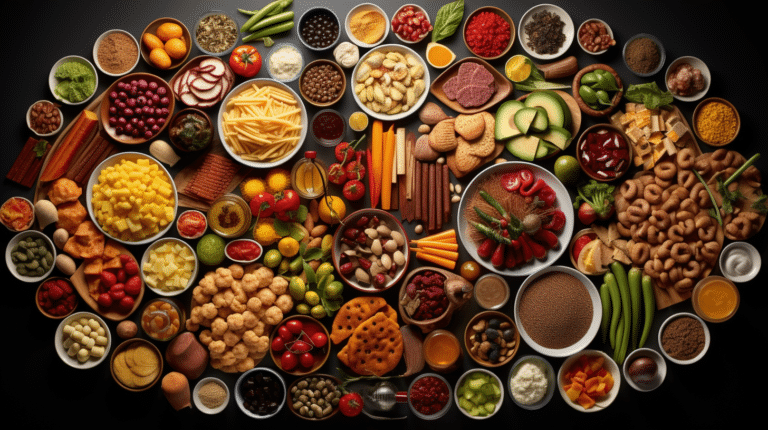
Luckily, there are endless options when it comes to high-quality, protein-packed foods to fuel your fitness regimen:
Lean Meats: Beef, bison, pork, chicken, turkey, and wild game meats are all excellent sources of complete protein with all essential amino acids. Red meats like beef and bison also provide iron, zinc, and B vitamins. Aim for cuts that are at least 90% lean.
Fish: Varieties like salmon, tuna, tilapia, cod, and trout contain 22-25 grams of protein per 3-ounce cooked serving. They also provide anti-inflammatory omega-3 fatty acids.
Eggs: One large egg has about 6 grams of protein with all essential amino acids. They are also an affordable protein source to incorporate.
Dairy: Greek yogurt, regular yogurt, milk, cheese, and cottage cheese are tasty dairy items that deliver protein and bone-strengthening calcium. Choose low-fat or nonfat versions.
Legumes: Beans, lentils, chickpeas, and peas are plant-based proteins with a lot of fiber. Enjoy them on salads, soups, or even dips and spreads.
Nuts and Seeds: Almonds, walnuts, chia seeds, hemp hearts, and pumpkin seeds supply protein, healthy fats, and minerals. They make great high-protein snacks between meals.
Whole Grains: Quinoa, oats, brown rice, farro, and buckwheat are lower in protein than other options but provide complex carbs, antioxidants, and B vitamins.
Protein Powder: Whey and plant-based protein powders like pea, soy, or brown rice are convenient ways to increase daily protein intake. Add them to smoothies, yogurt bowls, or a post-workout protein shake.
Timing Your Protein Intake
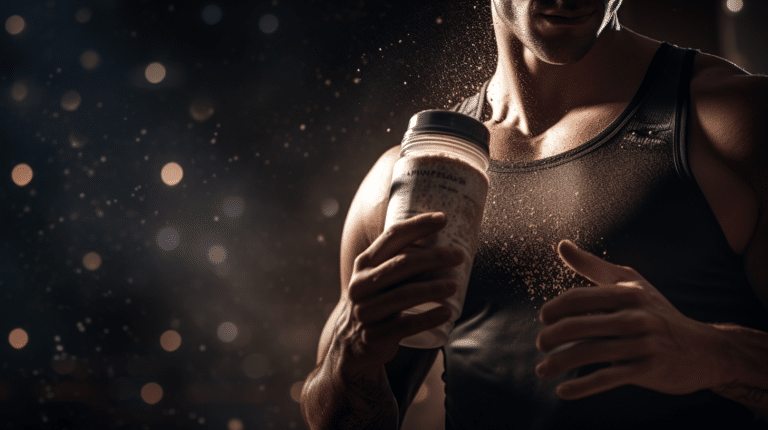
When it comes to fueling your fitness regimen, nutrient timing matters. Here is how you should focus your protein intake around exercise:
Pre-Workout: Eating 20-30 grams of protein about 30-60 minutes before your workout gives your body the amino acids to perform and recover. Good pre-workout protein foods include eggs, yogurt, cheese, protein powder, or a small serving of meat/fish. Combine it with some complex carbs like oats or fruit too.
During Workout: For endurance exercise lasting over 1 hour, consuming protein is beneficial. Whey protein powder mixed into water works well since it is easily digestible. Aim for 10-15 grams of protein each hour of activity. Carbs from sports drinks are also recommended during long workouts.
Post-Workout: Taking 20-40 grams of fast-digesting protein within 30-60 minutes after your workout optimizes muscle repair and growth. Whey protein powder and carbohydrates like fruit or oats are ideal for replenishing glycogen stores. Whole food options that work include yogurt, chocolate milk, or tuna on whole-grain toast.
Protein-Packed Meals and Recipes
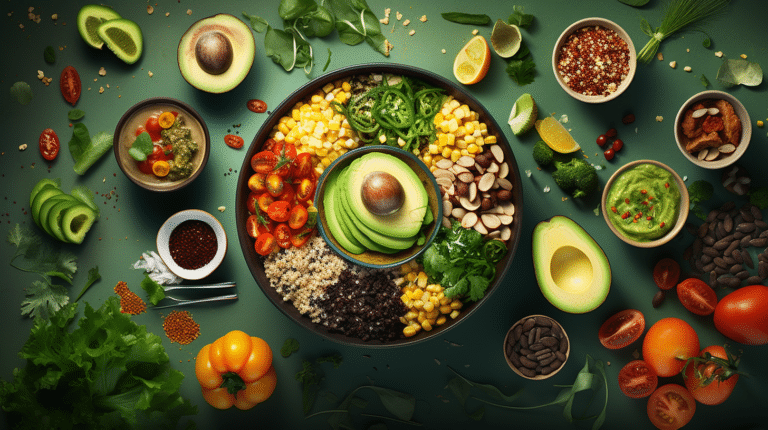
To give you some inspiration for protein-fueled meals and snacks, here are a few tasty ideas:
- Breakfast burrito with eggs, black beans, peppers, cheese, and avocado
- Overnight oats made with Greek yogurt, chia seeds, nuts, and fruit
- Tuna and cottage cheese on rice cakes or whole-grain toast
- Turkey or salmon veggie bowl with quinoa and roasted broccoli
- Protein smoothie with banana, peanut butter, spinach, and protein powder
- Hummus and mixed raw veggie dippers
- Cottage cheese with nuts, seeds, and honey drizzle
- Edamame veggie stir fry with tofu over quinoa
- Greek yogurt berry parfait layered with granola
- Chicken apple salad wrapped in a whole-grain tortilla
- Protein energy bites made with oats, peanut butter, chocolate chips, and hemp hearts
As you can see, hitting your protein targets to fuel your fitness and build lean muscle doesn’t have to be complicated or boring. Building a high-protein diet and sustainable lifestyle is easy, with many nutritious options.
Listen to your body, eat intuitively, and focus on eating whole, minimally processed real foods as much as possible. Pairing protein with complex carbohydrates and healthy fats will provide you with sustained energy and balance.
Protein and Special Diets
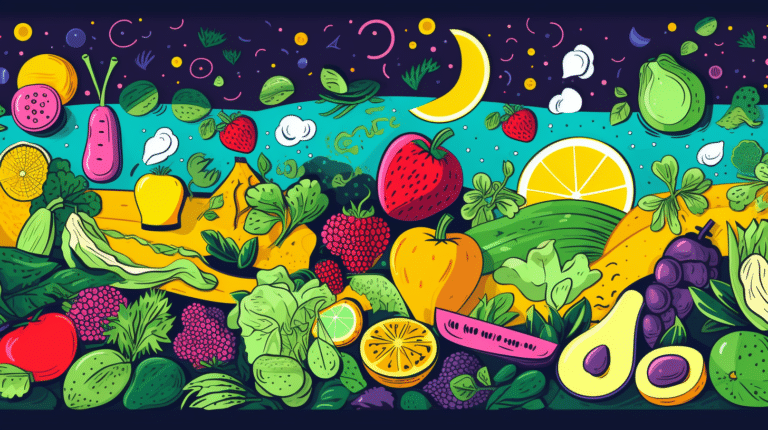
It’s understandable if you have certain dietary restrictions that make it more challenging to get adequate protein. Here are some tips if you have specific needs:
Dairy Free: Choose plant-based milk (soy, almond, cashew, oat) and yogurt alternatives made from coconut milk, almond milk, or soy. Soy yogurt is higher in protein than other non-dairy options. Nuts, seeds, beans, and lentils are also dairy-free proteins.
Gluten Free: Stick to unprocessed lean meats, eggs, fish/seafood, legumes, nuts/seeds, and gluten-free whole grains like quinoa, brown rice, and buckwheat. Check labels for gluten-free soy sauce, protein bars, and protein powders.
Vegetarian/Vegan: Load up on beans, lentils, chickpeas, tempeh, tofu, edamame, nuts, seeds, whole grains, and vegetarian protein powder. Pea, soy, brown rice, and hemp varieties work well. Include plenty of leafy greens for iron too.
Lactose Intolerant: Lactose-free milk, lactose-free Greek yogurt, and hard cheeses like cheddar contain minimal lactose while still providing protein. Or go for non-dairy almond, coconut, or soy milk yogurt.
Let Protein Power Fuel Your Goals
Ensuring your diet provides ample protein daily is one of the most critical steps for supporting any fitness regimen or goal. Consuming high-quality proteins and timing your intake to fuel workouts and recovery can help boost muscle growth, increase strength, reduce cravings, enhance energy, and improve overall health and well-being.
Get creative with mixing up your protein foods and recipes based on your preferences and dietary needs. Your hard workouts will pay off that much more when you give your body the right fuel from wholesome, protein-packed nutrition.
Frequently Asked Questions
Q: How much protein should I eat if trying to build muscle?
A: Most experts recommend consuming 0.7-1 gram of protein per pound of body weight daily for muscle growth, especially when strength training.
Q: Will too much protein hurt my kidneys?
A: Current research shows higher protein intakes do not harm kidney function in healthy individuals without pre-existing issues.
Q: Is protein powder necessary for muscle gain?
A: While helpful, protein supplements are not essential. Before relying on powders, ensure you get sufficient high-quality protein from whole foods first.
Q: What are complete proteins versus incomplete proteins?
A: Complete proteins like meat, eggs, and dairy contain all nine essential amino acids. Plant proteins like beans, grains, and nuts lack one or more, so combine them to get all essential amino.
Q: Can I overeat protein?
A: It’s best not to regularly exceed twice the recommended daily amount (1.6-2 grams per kg of body weight). Excessive protein can potentially leach calcium from bones over time.
Conclusion
In summary, adequate protein intake paired with regular exercise is the dynamic duo for supporting any fitness goal. Fueling your body properly with nutrient-dense proteins while stressing your muscles with strength training stimulates lean muscle growth and improves body composition. Be patient and trust the process. Focus on developing sustainable, healthy habits that suit your lifestyle and taste preferences. Get creative in the kitchen cooking up new protein-packed meals. The more you enjoy what you eat and how you exercise, the more likely you are to stick with it long-term. Use protein as your secret weapon to feel energized, get fitter and become your strongest, healthiest self. The protein power is in your hands – now put it to work to power your fitness journey!
Sources
https://www.bodybuilding.com/fun/calpro.htm
https://journals.lww.com/nsca-scj/fulltext/2012/10000/protein_requirements_for_strength_training.14.aspx
https://jissn.biomedcentral.com/articles/10.1186/s12970-018-0215-1
https://www.menshealth.com/nutrition/a27150227/protein-in-fish/
https://www.nhs.uk/live-well/eat-well/food-types/milk-and-dairy-nutrition/
https://www.bbcgoodfood.com/howto/guide/best-sources-protein-vegetarians

